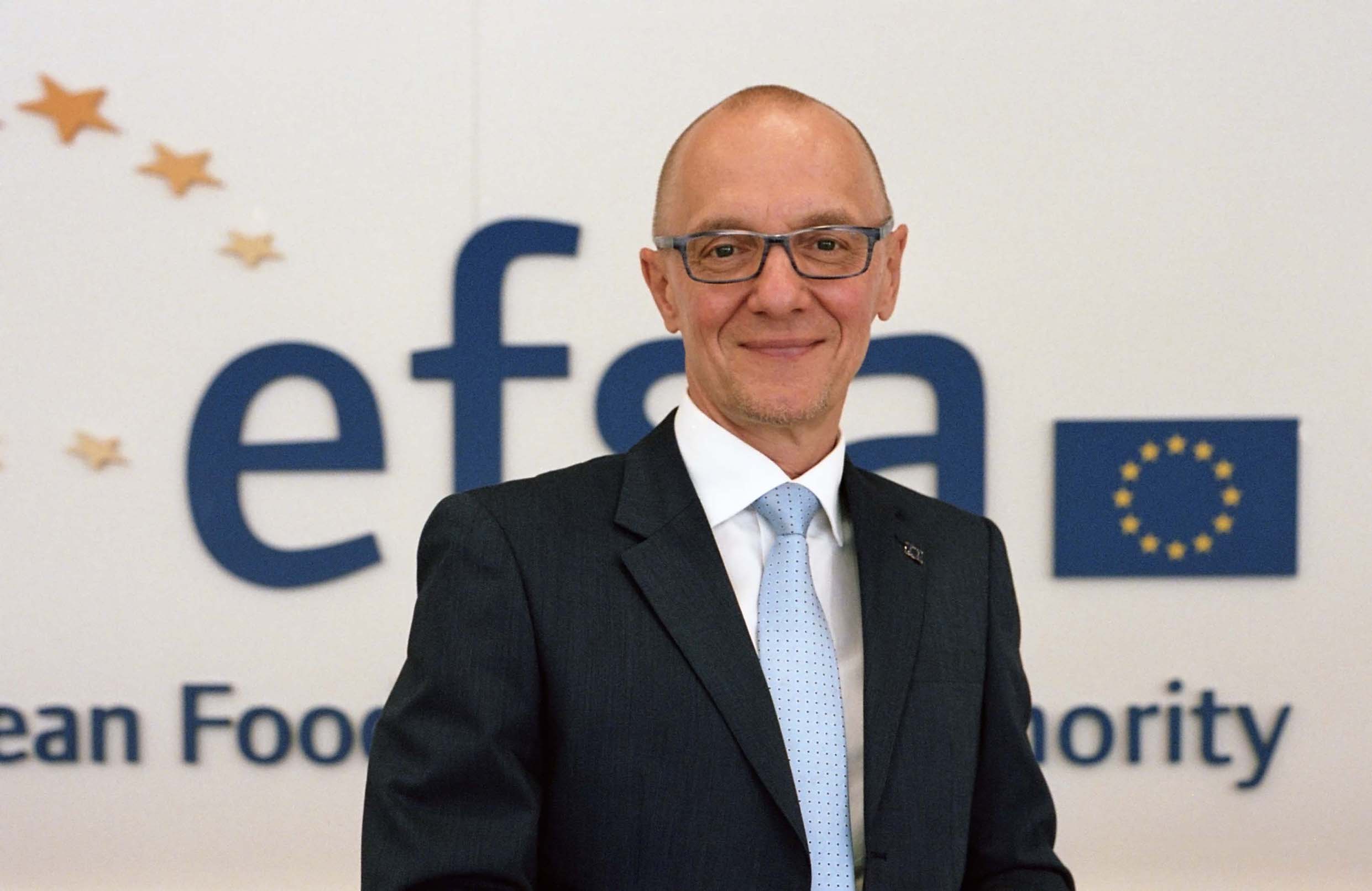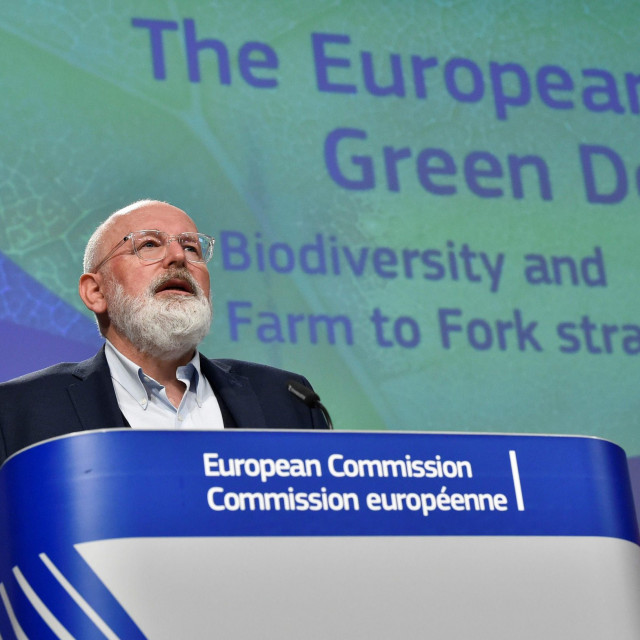
The authors are Frans Timmermans, Executive Vice-President of the European Commission andFatih Birol, Exectuive Director of the International Energy Agency.Opinions expressed in this article are personal opinions of the author and do not represent the position of Euractiv.hr.
The Covid-19 pandemic has created the biggest economic and societal shock in generations. As we start to get a better grip on the health emergency, we need to undertake the immense task of rebuilding our economies and repairing the staggering damage to our communities, workers and businesses.
The coronavirus crisis erupted suddenly, catching many people off guard. But that cannot be said for the major climate and biodiversity challenges we face – the science has long made clear the need for greater and more urgent action. As countries in Europe and beyond rebuild from today’s crisis, we should mend our economies and our planet at the same time. Our health and well-being depend on it.
We need to make sure that we don’t come out of the lockdown and sleepwalk into a harmful “lock-in” of the obsolete, polluting technologies and outdated business models of the past century. If we are going to unleash trillions of euros for the recovery, let’s spend it right and invest in a clean, competitive, resilient and inclusive economy for the 21st century.
The momentum is there. Before the Covid-19 crisis, cities in Europe were asking for green investment, businesses were planning for it, and people were out in the streets marching for it. Europe made the Green Deal its top priority a few short months ago, and it is now promising a Green Recovery. This is not a luxury but an essential core of its crisis response. But why, and how?
Put simply, because it still makes economic and environmental sense. In Europe, as in many other parts of the world, investing in clean energy technologies, clean transport and clean industries is the way to create well-paying local jobs that boost economic growth. And such investments will help us move closer to meeting our international climate and environmental goals and making our economies more resilient to future shocks.
In the minds of many people in Europe, the legacy of the economic crash in 2008 and 2009 is that the banks were bailed out and the people gained nothing. This time, we must achieve more than the propping up of an old system; we must build a new one that directly benefits our citizens and their children. We must put our resources into viable projects that bring both immediate and long-term gains, such as housing renovation, clean energy infrastructure and low-carbon transport.
Buildings are still responsible for over a third of Europe’s greenhouse gas emissions, and too many Europeans struggle to afford the energy bills for their poorly insulated houses with polluting heating systems. The construction sector – with its 15 million direct and indirect employees – can be helped back on its feet with a Renovation Wave that cleans and greens our homes and public buildings. Renovation projects can be rolled out quickly, and around 60% of spending on home energy efficiency retrofits would go directly to local construction workers, according to International Energy Agency analysis. A focus on social housing, schools, hospitals and other high-impact infrastructure could give a boost to the hardest-hit communities and make a major contribution to economic recovery.
Another example is the transport sector. Scrappage schemes to support purchases of clean vehicles, paired with investment in a European network of electric charging points, would give a major boost to the hard-hit auto industry – and to the switch to cleaner vehicles. Investments in safe and clean urban transport systems, including hydrogen buses and trams, and a renaissance of train travel would help those for whom a private vehicle is out of reach, or no longer desirable.
As we emerge from the crisis, we have to redouble our efforts to help coal-mining and carbon-intensive regions prepare for their future in an increasingly clean and de-carbonised energy system. The European Green Recovery must leave nobody behind. Clean energy investments must be at the heart of the recovery if we want to maintain climate momentum and support European industry. Wind and solar energy should benefit from significant EU support. And two important emerging elements of clean energy progress – hydrogen electrolysers and lithium-ion batteries – are on the verge of becoming the decade’s breakout technologies. These technologies should play a key role in bolstering Europe’s transport and industry as the continent emerges from the crisis and looks to develop new advanced manufacturing for export. If the EU seizes this opportunity, it will give itself a cutting edge on global markets.
To succeed, European leaders, businesses and citizens must be bold and brave. We have proved that we can adapt to new realities during the Covid-19 crisis. Now it is time to show that we can bring about a new reality too. Let us look beyond the world we used to know, and commit ourselves to the world we want to see. It’s time.
Frans Timmermans is Executive Vice-President of the European Commission
Fatih Birol is Executive Director of the International Energy Agency





Za sudjelovanje u komentarima je potrebna prijava, odnosno registracija ako još nemaš korisnički profil....